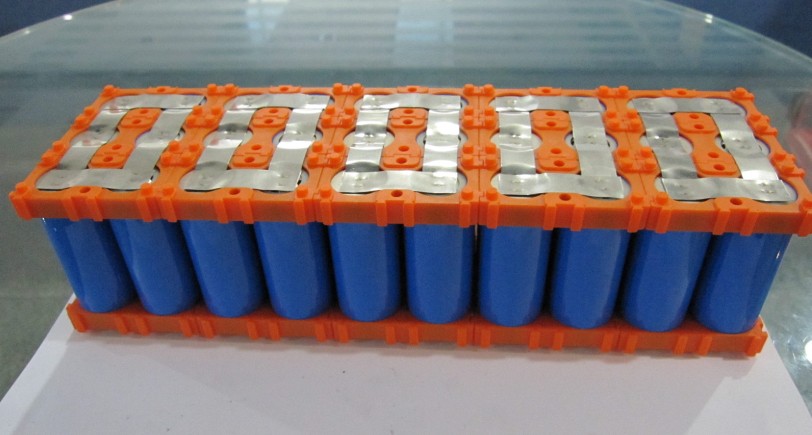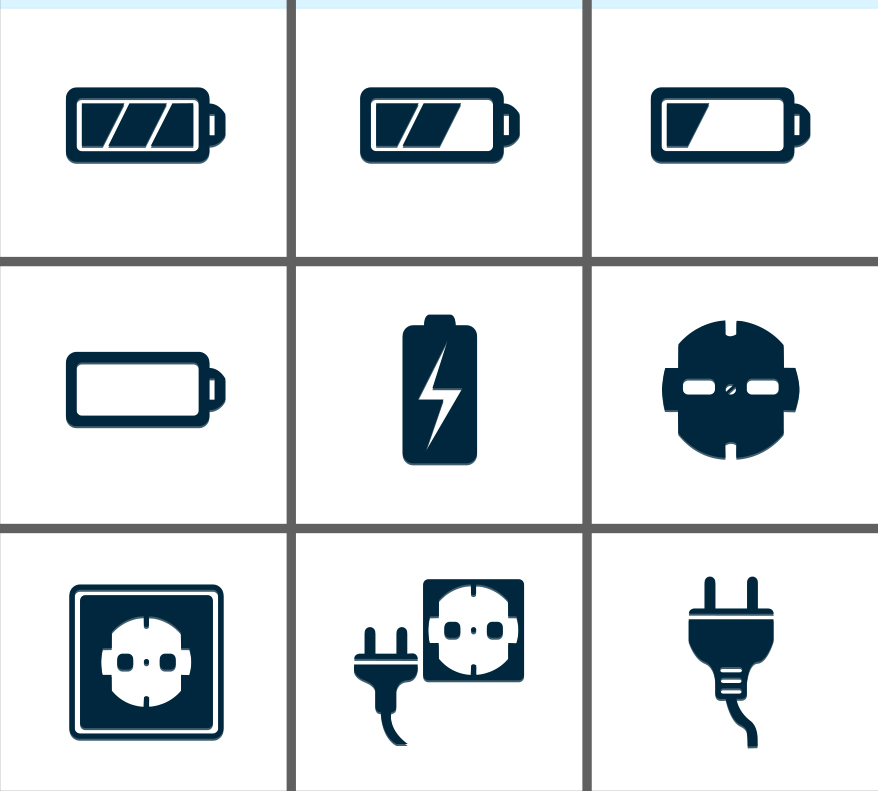What are Lr44 batteries- Usage, Equivalence and Differences
Mar 26, 2021 Pageview:1276
When we talk about batteries, the first thing that strikes us is how they are essential in our everyday lives. Batteries are a necessity for basically all households and workplaces. From laptops to wristwatches, flashlights, smartphones and even motor vehicles, batteries are needed. So, if you have small portable devices or gadgets, there is a high chance they use a battery. For example, electronic car keys can be using LR44 batteries.
LR44 batteries are non-rechargeable, powerful, and long-lasting button cell batteries frequently discharged with how often they are used. It is an alkaline single-cell battery with about 1.5 volts as the nominal voltage, the shelf life of between 2-5 years, and a capacity of around 110mAh. Even though these batteries have a shorter lifespan or their usefulness decline with frequent use, they are still reliable. The most advantageous features of this battery is that; they are more affordable, highly compatible with most devices, works efficiently in varying weather conditions, and are readily available in many stores.
Our article below will discuss more LR44 batteries, looking at their uses, what they are equivalent to, and the differences between LR44 batteries and lithium batteries. Let's get started.
What are LR44 batteries used for?
As stated above, the LR44 battery is a long-lasting alkaline button cell battery. It is compact in shape and economical in value. Due to its demand for personal use, it is readily available in stores. The batteries are grouped into high-end premium and standard batteries. Because of some of their desirable features, price included, the batteries are known for their durability, high capacity, high energy density and reliability.
The LR44 battery is commonly used in different small and portable devices, namely: calculators, thermometers, gun sight, electronic keys, electronic toys, computer motherboards, dog collars, and medical equipment, laser pointers, small radios, cameras, hand watches, toys and portable electronics.
Note that;
These batteries have a diameter of 11.6mm, a weight of about 2.5 grams, and a height of 5.4mm.
When you want to replace your portable device's batteries, make sure you check details such as battery type, measurement dimensions, capacity, maximum voltage or current, the shelf life and the battery’s chemistry.
Silver Oxide batteries can replace LR44 batteries because; some devices cannot work correctly when powered with voltage less than the required threshold voltage.
If a package list has an alkaline label, it means that the batteries are alkaline.
What are LR44 batteries equivalent to?
When talking about what the LR44 batteries are equivalent to, we mean battery sizes that are possible replacements to the LR44 one. These equivalents are other small button cell batteries, namely GPA76 (works well in alarm transmitters, calculators and sugar level detectors), AG13 (powers wristwatches), L1154, LR1154, 157. Apart from this, other batteries are similar to LR44 but have different chemical composition. These are

Silver oxide button cells. Examples include; SR44, SR44SW, 303, SBB9, SR44W, and 357(powers medical devices). These batteries have a slightly higher voltage than the alkaline ones (about 1.55 volts), a capacity range of 160-200mAh, and longer shelf life of about 5years and above. The most desirable feature of this battery is that it has a more stable voltage output, whereby despite frequent use, it does not drain faster than the alkaline battery. They are primarily used in wristwatches, calculators and electronic devices. The downside of silver oxide batteries is their expensive nature as compared to alkaline batteries.
Mercury oxide batteries- MR44 and MR1154 (luckily, these batteries are not used due to the mercury component being harmful).
Zinc-air – PR44, 675, ZA675, 7003ZD, Blue Tab. These batteries have a voltage lower than alkaline batteries but a high capacity range of 600-700mAh. They use oxygen, and wet electrolyte hence can become dead when the electrolyte dries up without its voltage being depleted. This feature makes them less attractive for use in highly reliable devices, and that's why they are primarily used in hearing aids.
What are the differences between LR44 batteries and lithium batteries?
Lithium and LR44 are the most common types of batteries used as the personal power source. However, although these batteries are used mainly in small portable devices, they have different chemical compositions and voltage ranges. The key difference between these two batteries is that the LR44 batteries have a lower life cycle than the lithium batteries. Please read on below to find out more of their common differences;
1.Function
LR44 batteries are dry alkaline cells which use zinc and manganese oxide chemical reaction to generate power, while lithium batteries use lithium metal or compounds as their anode.
2.Voltage
When comparing the voltage and current levels of these batteries, lithium batteries produce a higher voltage than alkaline batteries (voltage of 1.75 or more than 1.5V in LR44). It gives them a competitive advantage over LR44 batteries as they have a longer shelf life.

3.Price
LR44 batteries are cheaper as compared to lithium batteries, hence more cost-effective to use.
4.Effects
Lithium batteries are very powerful, thus significantly more toxic to the environment and human being, and therefore should be disposed of with care. On the other hand, LR44 batteries have no heavy metals that can pollute the soil or pose a ground fill explosion risk. Therefore, they are considered non-toxic and can be disposed of along with your usual waste. Despite this, it is still advisable to follow proper disposal protocols when dealing with batteries of any type.
5.Weight
When compared to lithium batteries, LR44 batteries have a heavier or higher weight.
6.Discharge
Despite LR44 batteries having a lower voltage than lithium batteries, they can last for a long time when in use. Lithium batteries carry more power but have a high self-discharge.
Conclusion
We hope you now understand all about LR44 batteries, their uses, equivalents, and the differences compared to lithium batteries. After reading the article above, I believe you will never face issues when trying to differentiate LR44 from other batteries. Remember, it is advisable to check and compare details on a battery or battery pack to determine whether a different battery can fit as a replacement for the LR44 battery.
Leave Message
Hottest Categories
-
Hottest Industry News
-
Latest Industry News










